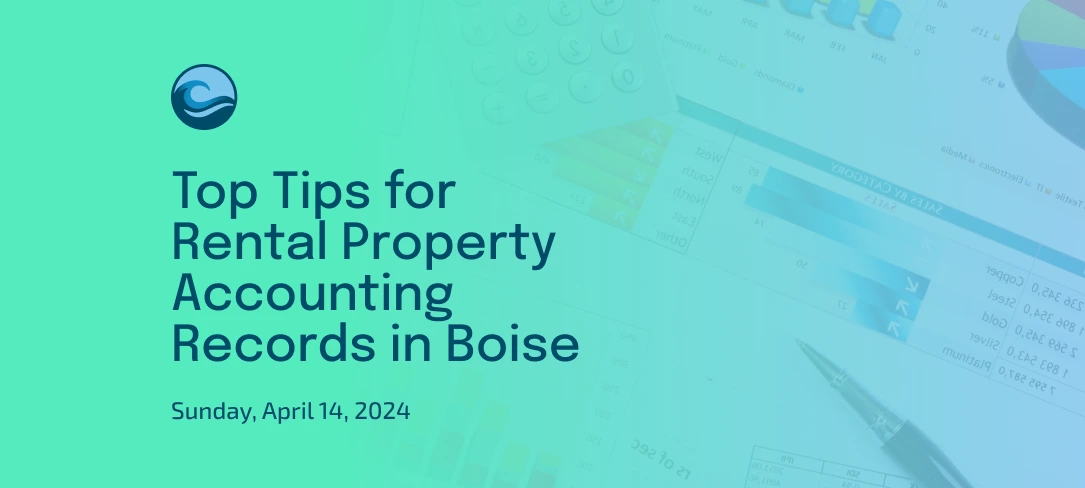Being a landlord in Boise, ID means you must tackle accounting duties. Even if you don't like dealing with numbers, at the very least you have to keep tabs on how much rental income the property generates. You'll need this information when filing your landlord taxes.
However, like most landlords who want to maximize their income, you must stay on top of rental property accounting. This involves knowing how to manage the various accounting records at your disposal, including the rent roll, tenant ledger, depreciation reports, and balance sheets.
Continue reading for handy tips and tricks.
Implement a Physical Filing System
Although we live in a digital age, most landlords still run their businesses the old way. For example, over 80% of all rent payments are still made in cash, check, or money order. This means you're dealing with plenty of paperwork in your everyday operations as a landlord.
You must hate it when you're looking for a certain document but cannot find it. When it comes to accounting records, you cannot afford to misplace them. This is why designing and implementing a physical filing system is critical.
Start by identifying a location in your office or home where you'll keep the accounting records. Build a shelf and designate a section for each type of record you handle. Ensure the place is secure so that no one can tamper with those documents.
Use Landlord Accounting Software
If you're still handling physical accounting records, it's high time you embraced a digital system. Going paperless is not only good for the environment but will also save you time, money, and potentially a lot of headaches.
Good accounting software that's custom-designed for rental property management will have all the features you need to digitize your operations. It can process rent payments, issue digital receipts to tenants, and store maintenance requests and associated expenses.
Don't Mix Up Your Finances
If you're a DIY landlord, you might not see any major problem in using your personal bank account to handle the finances of your rental property. It's easier and more convenient to operate one account, right?
Well, not when you want to become a successful landlord. Treat your rental property as a business. Every business needs its own bank account.
If all rent payments and property expenses are made into and from this account, it's easy to monitor the property's financial performance. You can pull an account statement for the past year (or any preferred period) and see a breakdown of your rental income and expenses.
Hire a Property Manager
The best approach to rental property accounting is to hire a property management company. You'll have access to professional accountants who will take care of your books.
With a full-service package, the manager can handle all your functions, including property marketing, tenant screening, rent collection, and maintenance.
Take Good Care of Your Rental Property Accounting Records
Managing rental properties isn't easy if you're a DIY landlord. There's a lot on your plate, including maintaining accurate rental property accounting records.
These tips will give you a head start, but outsourcing is the best move. In Boise, look no further than Wave Property Management. Owned and led by an accounting professional, you can bank on us to offer accurate, transparent, and detailed accounting.
Call us today to book an appointment.



